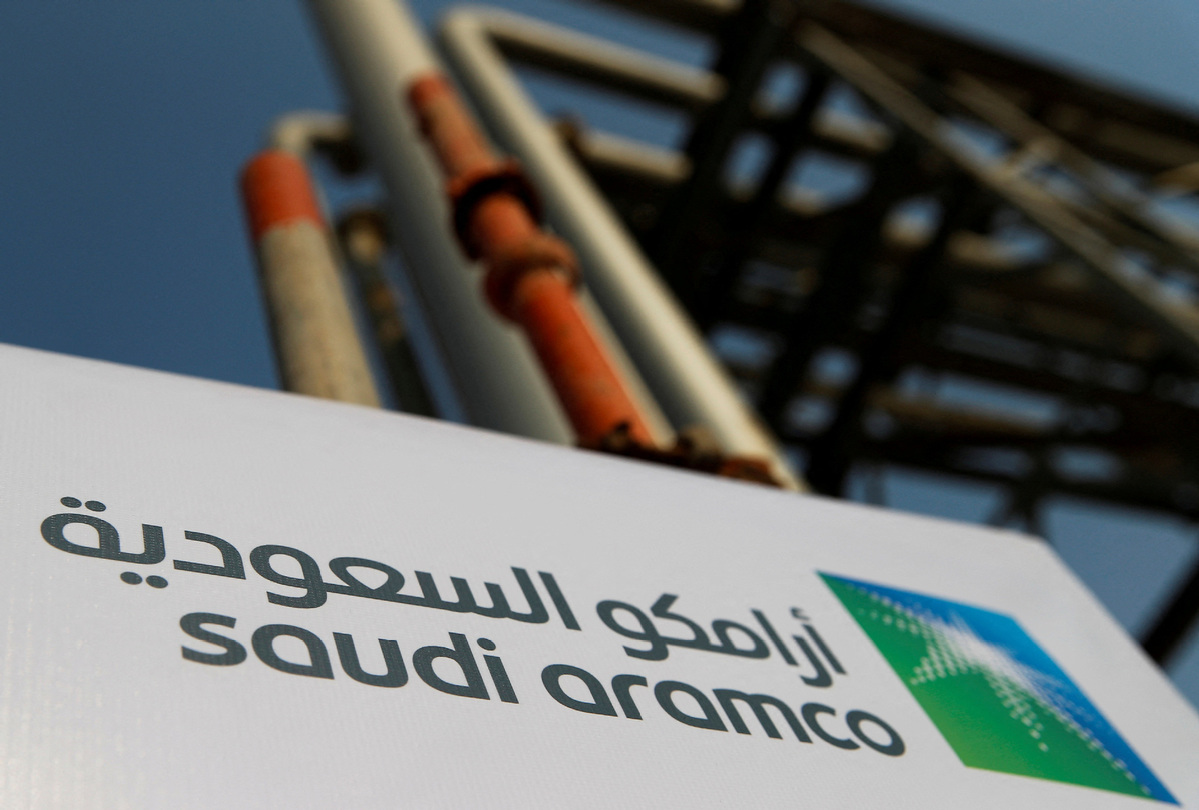Aramco expands China presence to satisfy demand


Oil, gas giant to up downstream efforts, gain bigger role in energy security, green transition
Saudi Aramco plans to continue expanding its downstream presence in China to support the country's energy security while facilitating its green transition, said a top company official.
"The scale of the industrial footprint and China's demand growth present significant opportunities for Aramco. China is strategically important to our business growth in Asia and worldwide, and we will remain a reliable source of long-term oil supply," said Mohammed Y Al Qahtani, Saudi Aramco's president of downstream business.
Aramco believes that demand for petroleum products in China is recovering robustly, especially in the transport and petrochemical sectors.
While the majority of the growth of global oil demand this year is coming from China, the country's oil demand is likely to continue rising with living standards continuing to improve, especially over the coming decade, driven by robust demand for chemicals, the company said.
"This year, China is expected to contribute more than one-third of total global economic growth. Its economic recovery is especially important in the global economic picture, particularly involving commodities. For example, more than half of the world's oil demand growth this year could come from China alone," said Al Qahtani.
Earlier this year, Aramco announced its partnership with Norinco Group and Panjin Xincheng Industrial Group to develop a major refinery and petrochemical complex in Northeast China's Liaoning province. It has also completed the acquisition of a 10 percent stake in Rongsheng Petrochemical Co Ltd in Zhejiang province.
Al Qahtani said while there is growing use of renewable energy, demand for reliable and affordable conventional energy remains strong.
China has made substantial progress in lower-carbon energy and more efficient refining and petrochemical processes in recent years, with a focus on emissions reductions and improving energy efficiency.
As a result, Aramco is determined to further reduce the low carbon intensity of oil production, while working on solutions such as advanced carbon capture and storage, to support China's energy and development priorities, he said.
An analyst said China's efforts in the past few years to attract more foreign capital and ensure a level playing field for both domestic and foreign companies have played a key role in encouraging foreign companies in the refining sector.
China has attracted several international companies, including ExxonMobil, BASF and Aramco, to invest in China, either through joint ventures or wholly owned projects, said Wang Lining, director at the Oil Market Research Department of the Economics and Technology Research Institute of China National Petroleum Corp.
The diversification of the domestic petrochemical market will further encourage market competition in China's high-end petrochemical products industry while international cooperation with other countries will facilitate global economic stability and development, Wang said.
Al Qahtani said that opportunities in the growing Chinese market enable Aramco to not only establish a strong foothold in the downstream sector but also capture a share of the growing energy demand with a special emphasis on highly integrated refining and petrochemical complexes.




































